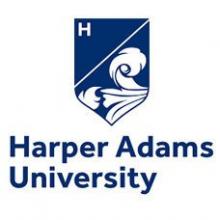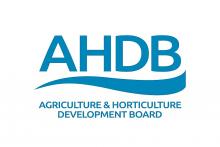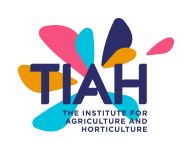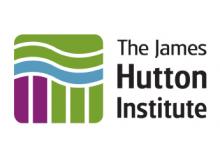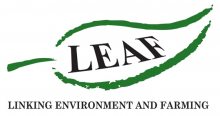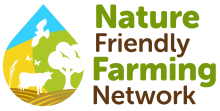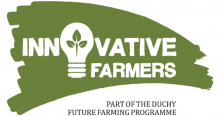We know that on farm demonstration and the communication of farmers’ experience has a unique role in improving food system resilience by scaling up more sustainable agricultural practice. By working together as a network of networks across sectors and nations of the UK, there is a huge opportunity to be more than the sum of our parts in meeting the challenges of Net Zero while feeding a growing global population, and doing so while meeting wider sustainability goals such as boosting biodiversity, enabling rural communities to thrive, and improving water quality.
The Sustainable Farm Networks (SFN) initiative has been brought about through Harper Adams University's School of Sustainable Food & Farming to support this vision. The SFN is a free to join, pre-competitive, system agnostic forum. We already have crucial knowledge being shared in our existing demonstration farm networks, and bringing those networks from across the UK together means each can draw strength from the others as we face into shared challenges.
With the support of a steering group representing supply chain pioneers, farmers, land-based training providers, research project groupings and environmental certification organisations, the SFN is working with Network Stewards- the individuals with the most direct and consistent contact with demonstration farms- to identify and facilitate opportunities for mutual support, collaboration and cooperation to enhance the experience and amplify the impact of the farmers who make up the networks.
We are inviting networks from all sectors and nations of the UK to be part of the SFN. Cross cutting areas of interest for networks may include (but are not limited to):
- Resilient productivity
- Carbon capture on farm
- Reducing and refining inputs
- Soil health
- Biodiversity
- Green energy
- Healthy communities
Benefits of membership include facilitated communication between Network Stewards to enable coordinated event planning, resource development, training and funding approaches, and curation of a member facing update on open event activity, opportunity and outputs from across the network.


